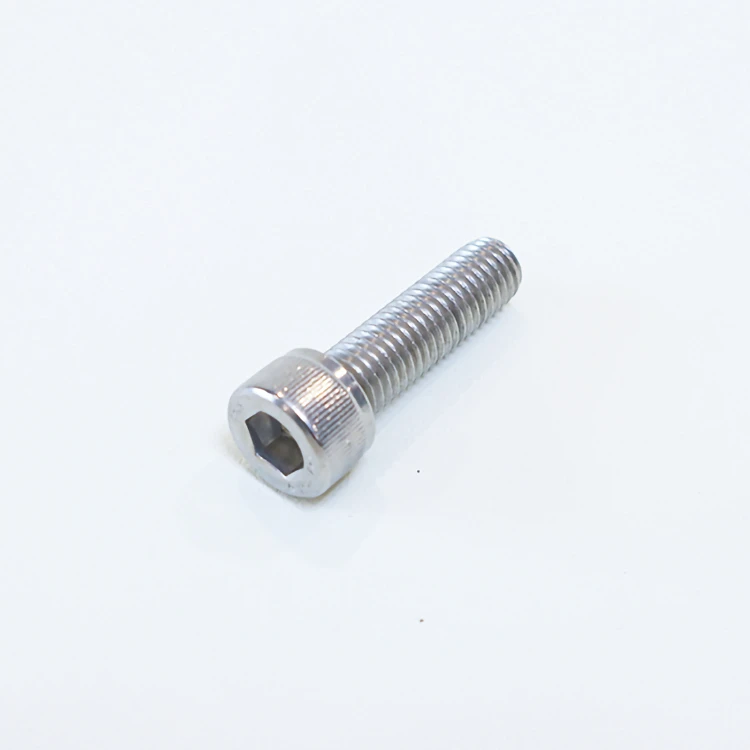Hexagon socket screws and bolts are essential fasteners used in a wide range of applications, from machinery to construction. Their unique design, characterized by a hexagonal recessed socket in the head, offers numerous advantages over other types of fasteners. Let’s take a closer look at what makes these fasteners so reliable and versatile.
1. What is a Hexagon Socket Screw/Bolt?
A hexagon socket screw or bolt is a type of fastener that features a cylindrical head with a hexagonal hole in the center. This allows the use of a hex key or Allen wrench to tighten or loosen the bolt. Unlike traditional bolts with an external hexagonal shape, hexagon socket fasteners require a tool that fits into the recessed socket, providing a more secure grip, especially in confined spaces.
2. Key Features and Design
- Recessed Hexagon Socket: The most distinctive feature of these fasteners is the hexagonal indentation in the head. This design prevents slipping and allows for a more controlled application of torque.
- Variety of Materials: Hexagon socket screws and bolts are available in a range of materials including carbon steel, stainless steel, and alloy steel. Depending on the material, they can withstand different environmental conditions, such as high temperatures or exposure to moisture.
- Compact Design: Due to the recessed socket, hexagon socket bolts are often more compact than traditional hex-head bolts, which can be important when working in tight spaces.

3. Advantages of Hexagon Socket Screws/Bolts
- Higher Torque Capacity: The hexagonal socket allows for a greater amount of torque to be applied, resulting in a more secure fastening. This makes them ideal for applications that require high clamping forces.
- Space Efficiency: The compact design makes hexagon socket screws and bolts ideal for installations where space is limited or a flush surface is required.
- Reduced Risk of Stripping: The internal hex socket reduces the likelihood of tool slippage, which can result in stripped heads or damaged fasteners.
- Aesthetics and Functionality: The smooth, flush appearance of a properly installed hexagon socket screw is often more aesthetically pleasing than standard hex-head bolts.
4. Common Applications
Hexagon socket screws and bolts are widely used in industries such as automotive, aerospace, machinery, and electronics. They are particularly useful in applications where high torque and secure fastening are critical, such as in engine components, mechanical assemblies, and precision equipment. In the construction industry, these fasteners are commonly used for assembling machinery and equipment where appearance and compactness are important.
5. Types of Hexagon Socket Screws/Bolts
- Hexagon Socket Cap Screws: These are bolts with a cylindrical head and a recessed hex socket. They are typically used in situations where space is tight and where a smooth, flush finish is needed.
- Hexagon Socket Head Bolts: Similar to cap screws, these bolts have a hexagonal socket for driving but often feature a longer shaft for deep penetrations.
6. Conclusion
Hexagon socket screws and bolts are versatile, reliable fasteners that offer significant advantages in strength, space efficiency, and ease of use. Their unique design makes them ideal for both industrial and commercial applications, particularly when high torque or a flush surface is required. With their wide range of materials and sizes, hexagon socket screws and bolts continue to be a preferred choice for many fastening needs.